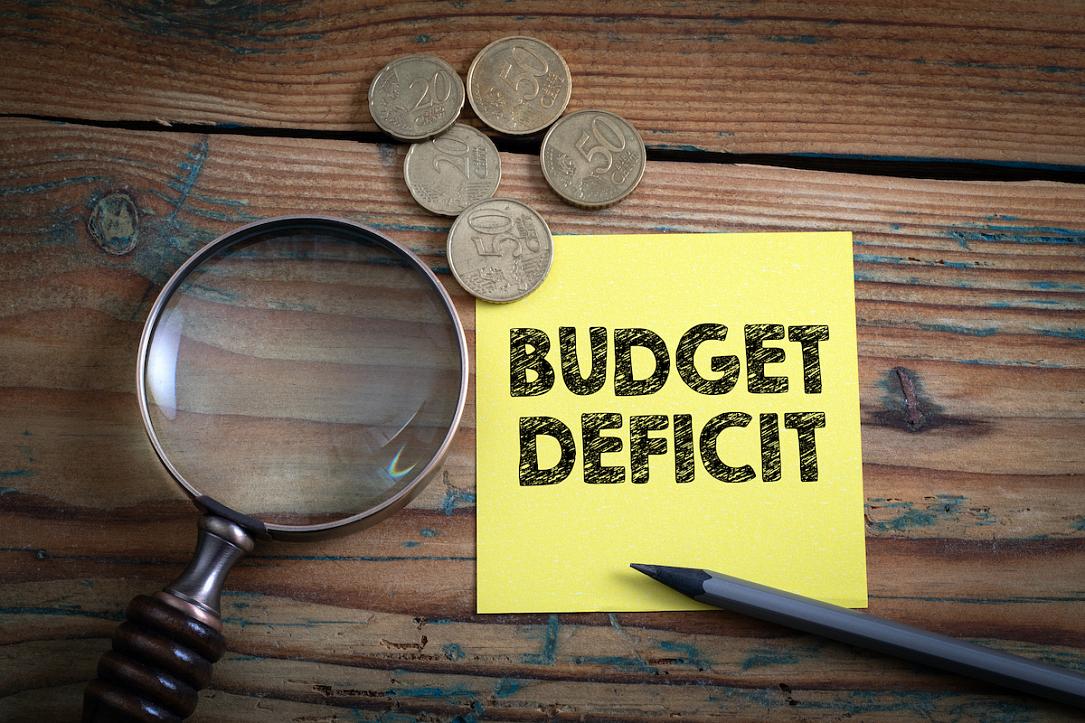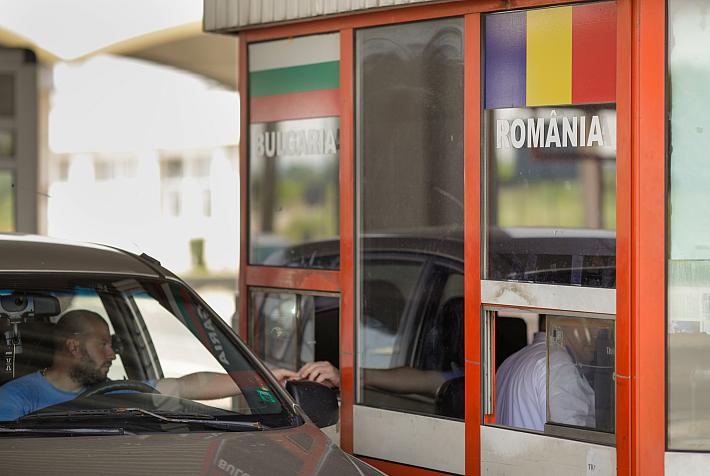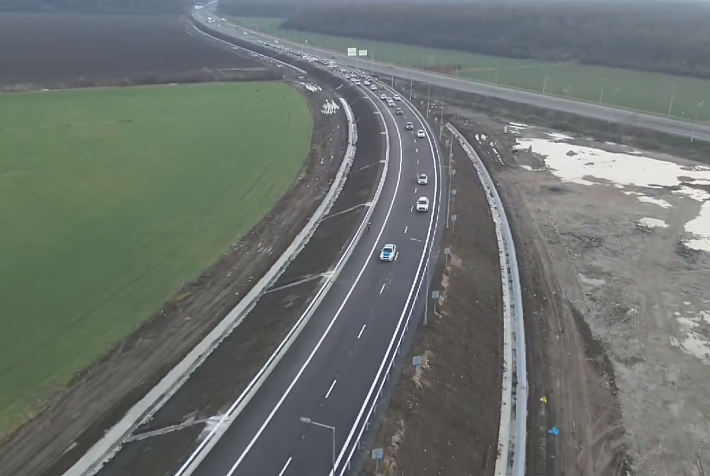Romania's Fiscal Council sees year’s budget deficit above 7% of GDP

Romania’s budget deficit will reach 7% of GDP this year, compared to the 5.84%-of-GDP target, if the expenditures caused by the “cap and subsidy” scheme are as envisaged under the revised budget, according to the Fiscal Council's opinion on the first budget revision this year.
Higher expenditures would proportionally increase the budget deficit while deferring part of the expenditures would result in a lower deficit of the cash budget (yet the same deficit on the accrual basis), according to the same report.
“If there is an underestimation of the impact of energy offset scheme spending, which is likely, the deficit would inevitably increase considerably. Unfavourable price developments in the markets will also put additional pressure on the budget. This underestimation of the [spending linked to the] energy compensation scheme creates a major risk for the budget and fiscal consolidation,” the Fiscal Council’s opinion reads.
The Fiscal Council believes that European resources from the PNRR (National Recovery and Resilience Plan) and CFM (Multiannual Financial Framework) represent the only counter-cyclical force that can counteract the contractionary effects of fiscal consolidation. The absorption of a large proportion of these financial resources, both non-reimbursable and reimbursable, is vital for Romania, considering the state of the public budget and the vulnerabilities of the external balance, the extremely unfavourable international environment.
On August 18, the Government approved the first budget rectification of this year, which increases budget revenues by RON 30.4 bln (EUR 6.2 bln), and expenses by RON 33 bln (EUR 6.73 bln). The Government maintains the 5.8%-of-GDP deficit target.
iulian@romania-insider.com
(Photo source: 220648538 © Edgars Sermulis | Dreamstime.com)












